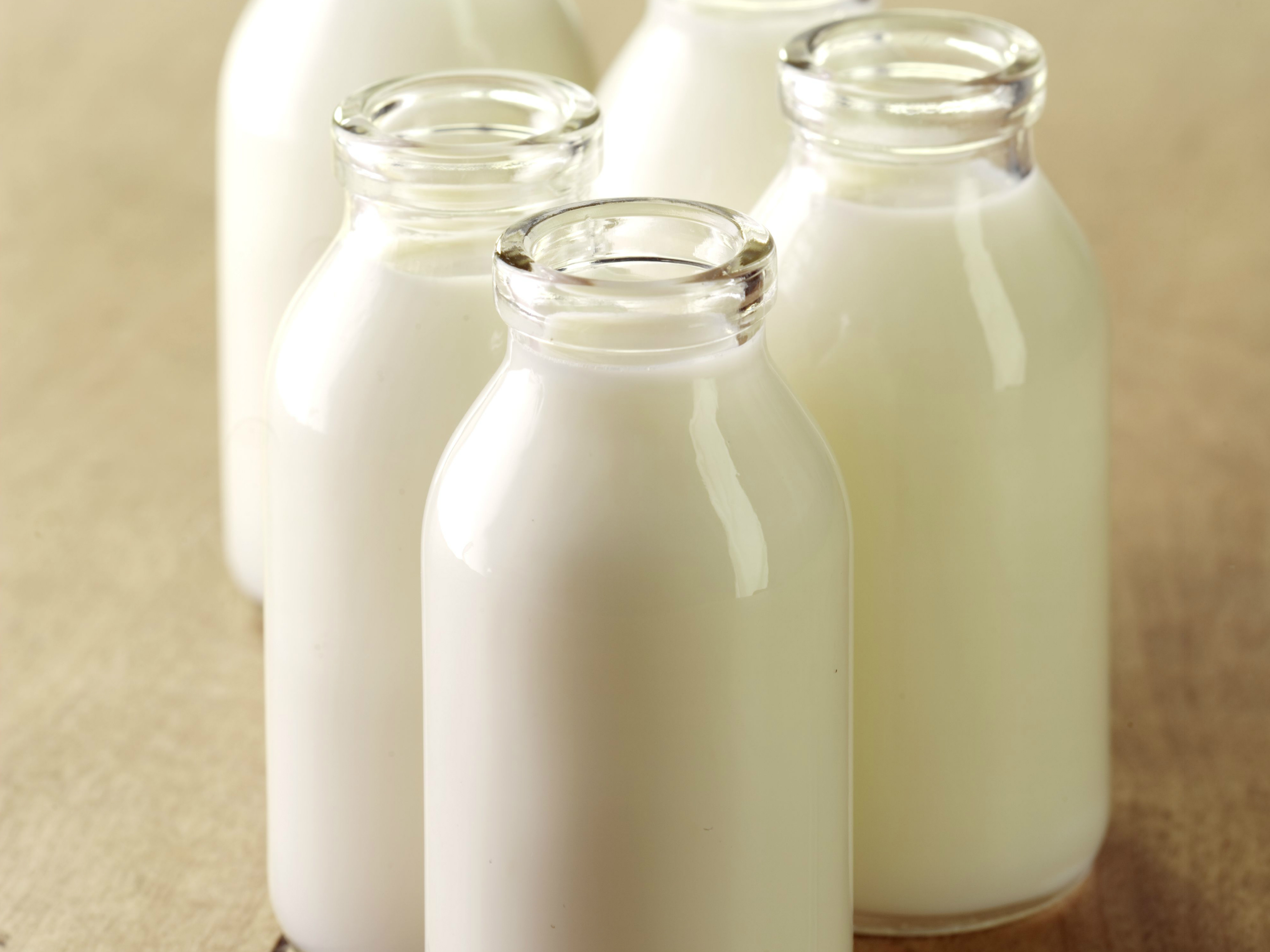Which type of milk is right for you?
We used to take it for granted that milk was good for us, but is it?


We used to take it for granted that milk was good for us, but is it?
There’s a whole host of reasons why more and more people are cutting cow's milk out of their diet and resorting to milk alternatives. For one, it can aggravate acne. Research shows that there’s an abundance of a growth hormone called IGF-1 in milk, which is great for the baby cows, not so much for you. Why? Because it’s a pro-inflammatory hormone, which is problematic, especially if you’re prone to acne or cysts.
It’s also quite likely that you can’t digest it properly. Sure, you might not be diagnosed as lactose intolerant, but an astonishing three quarters of us lack the enzyme to properly digest cow’s milk. The kicker is, most symptoms can be so subtle you won’t notice how much of an effect dairy is having on you (headaches, fatigue, bloating) until you cut it out.

But what’s most surprising is that it can actually make you more likely to have osteoporosis and lead to broken bones. Yes, really.
During a recent study in the British Medical Journal, women who consumed three or more glasses of milk per day had a 60% increased risk of developing a hip fracture and a 16% increased risk of developing any bone fracture. What’s more, a Harvard Nurses’ Health Study, which followed more than 72,000 women for 18 years, showed no protective effect of increased milk.
In fact, Professor T Colin Campbell, professor of nutritional biochemistry at Cornell University, suggests, ‘the association between the intake of animal protein and fracture rates appears to be as strong as that between cigarette smoking and lung cancer.’
So if you’re looking for a milk alternative but don’t know where to begin, start here:
Celebrity news, beauty, fashion advice, and fascinating features, delivered straight to your inbox!
Coconut milk
Made from pressed coconut with added calcium, it’s lower in protein, with higher levels of saturated fat than most other plant based options, but tastes delicious on cereal and works well as a milk alternative when making desserts.
Hemp milk
A blend of hemp seed and fortified with calcium and vitamin D, this milk is mild and slightly sweet, so works best in hot drinks.
Oat milk
Made from oats and enriched with vitamins and calcium, this milk is low in saturated fat, with all the goodness of oats. It won’t split when heated, so a great option for cooking and hot drinks, plus it’s quite creamy with a slightly powdery after taste.
Rice milk
A sweet milk, made by soaking rice in water. It’s low in protein and fortified with calcium and has a neutral taste, so makes a great milk alternative for smoothies.
Almond milk
Made by grinding almonds in a blender with water, then straining out the almond pulp (flesh) with a strainer, this milk has a creamy texture and nutty flavour, making it one of the most popular milk alternatives on the market.
